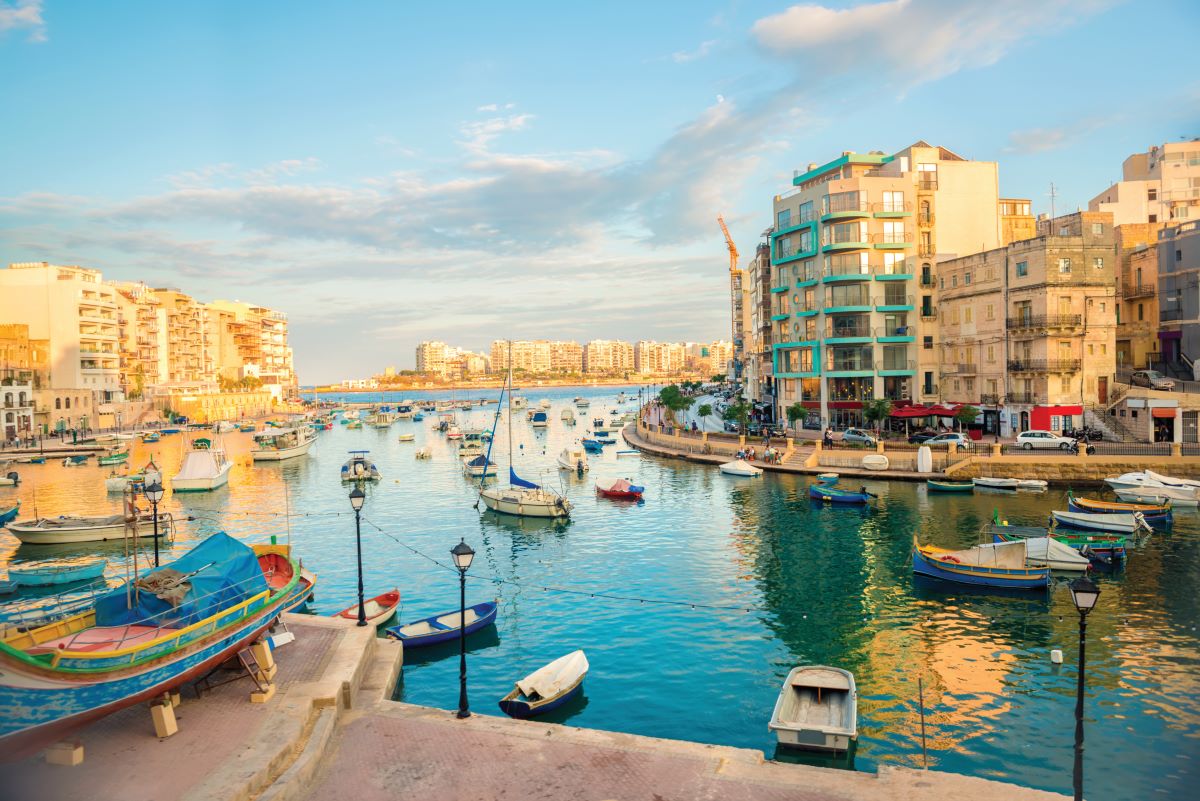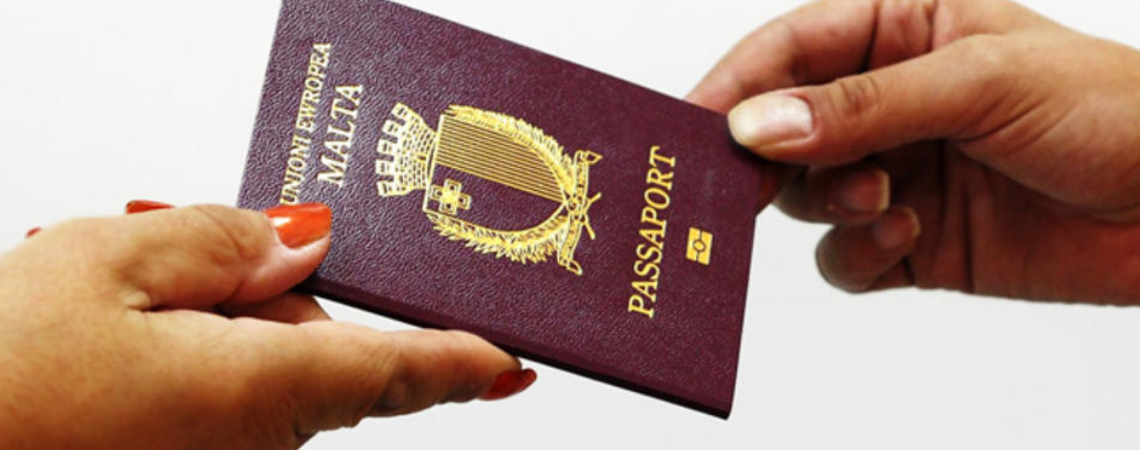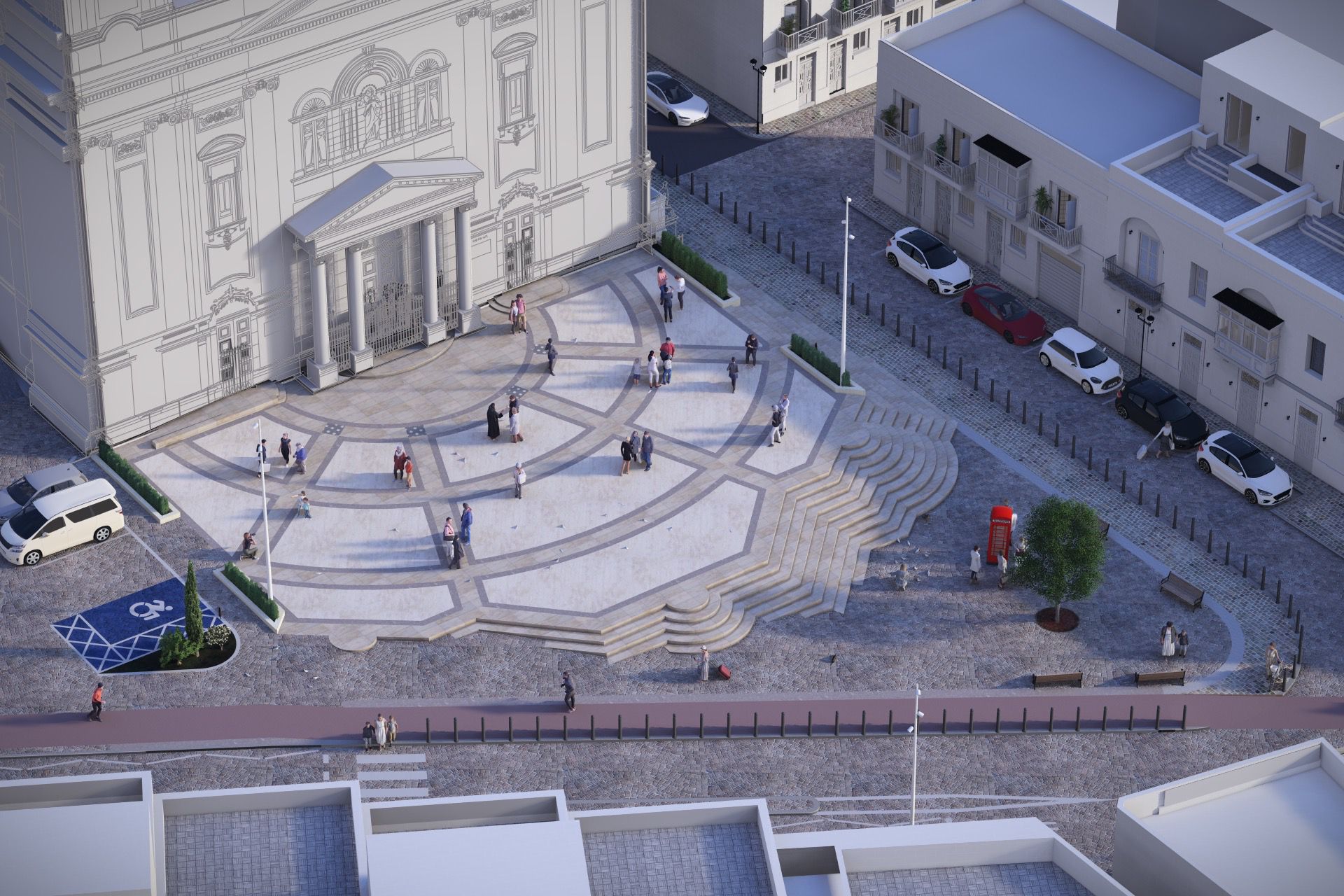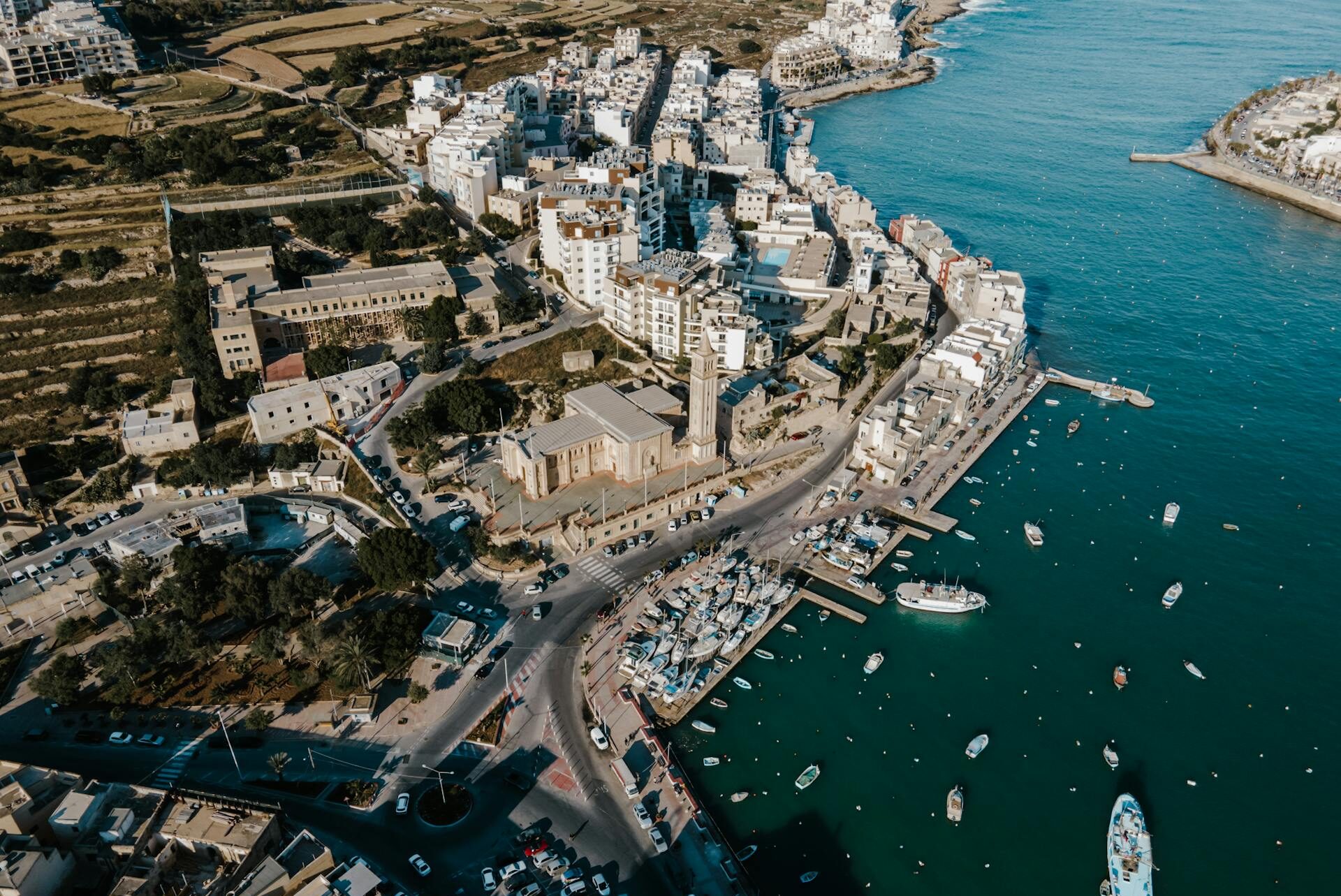Conventional wisdom states that risk and reward are opposites when it comes to investment, but Malta, it seems, never received that memo.
Long considered the safest of investments, Maltese real estate has proven to also be most profitable, with the strong performance seen in the years preceding and following Malta’s accession to the European Union only eclipsed by the remarkable returns the sector delivered during the country’s economic boom throughout the 2010s.
As a rule, property has tended to double in price every 10 years or so, with periods of fast appreciation balanced by periods of moderation. Actual decreases in prices are exceedingly rare, minor, and short-lived.
Notably, although property markets in neighbouring Mediterranean countries suffered tremendously during the years of crisis following the 2008 financial crash, Maltese real estate prices held their own. That period showed the value of the sector’s relative isolation from world markets, with restrictions on purchases by foreigners – outside specially designated areas – keeping it sheltered from the fallout of the Great Recession.
Home ownership in Malta is culturally ingrained, and accordingly, extremely high. Some 80 per cent of Maltese own their own home, while around half of the rest live in rent-controlled properties.
As both the resident population and tourism numbers exploded over the last 10 years, so did the value of Malta’s real estate, with the long and short letting markets in particular growing rapidly as retail investors enthusiastically climbed onto the speeding bandwagon – which shows no sign of slowing down.
The surge of educated foreigners working in the iGaming, tech, and financial services industries also precipitated a marked improvement in building and finishing standards, and many developments that came on the market in the last few years are of excellent quality, with all the latest amenities. The various relocation, residency, and retirement programmes have meanwhile contributed to increased investment in luxury properties, of which there is now a varied offering.
Since the wealth of so many Maltese is tied up in real estate, investors can rest assured that the government will always provide ample support to the sector when its stability is threatened by external shocks. During the COVID-19 pandemic, for example, stamp duty was slashed and incentives increased, leading to record sales by both volume and value – despite global economic turmoil.
Malta does not levy any municipal or estate taxes. The only property-related taxes are those tied to the buying, selling, and rental of real estate. Generally, buyers must pay stamp duty of five per cent of the property price, while sellers are subject to a sales tax of eight per cent (also known as capital gains or final withholding tax).
However, there are a number of exemptions and conditionally reduced rates. For example, if the property is used as a primary residence for at least three years, the seller is exempt from sales tax, while selling a property which has been held for under five years allows the seller to benefit from a reduced rate of 5 per cent, as long as certain conditions are met.
The sales tax on Gozitan property is currently reduced to just two per cent, although it is not yet clear whether this provisional rate will be extended to the coming years. The government has also recently introduced incentives targeting the buying and selling of traditional properties, waiving the taxes due on the first €750,000 of the price of acquisition and refunding the VAT paid on the first €300,000 of refurbishment works (the incentives tied to traditional properties do not apply to transfers of property to persons who require an AIP permit).
Rental income is subject to a flat 15 per cent withholding tax.
Property investors facing ‘unfair competition’ from affordable housing scheme – MDA
The association urged the Government to abandon the project, which it says will ‘open the floodgates to abuse’
Marsa regeneration project launched with €5 million uplift of central square
The long-awaited regeneration of the harbour town is set to kick off in late August
MDA and tenants’ union clash over pre-rental deposits
Deposits paid by tenants to reserve a property are a grey area subject to uncertainty and abuse






